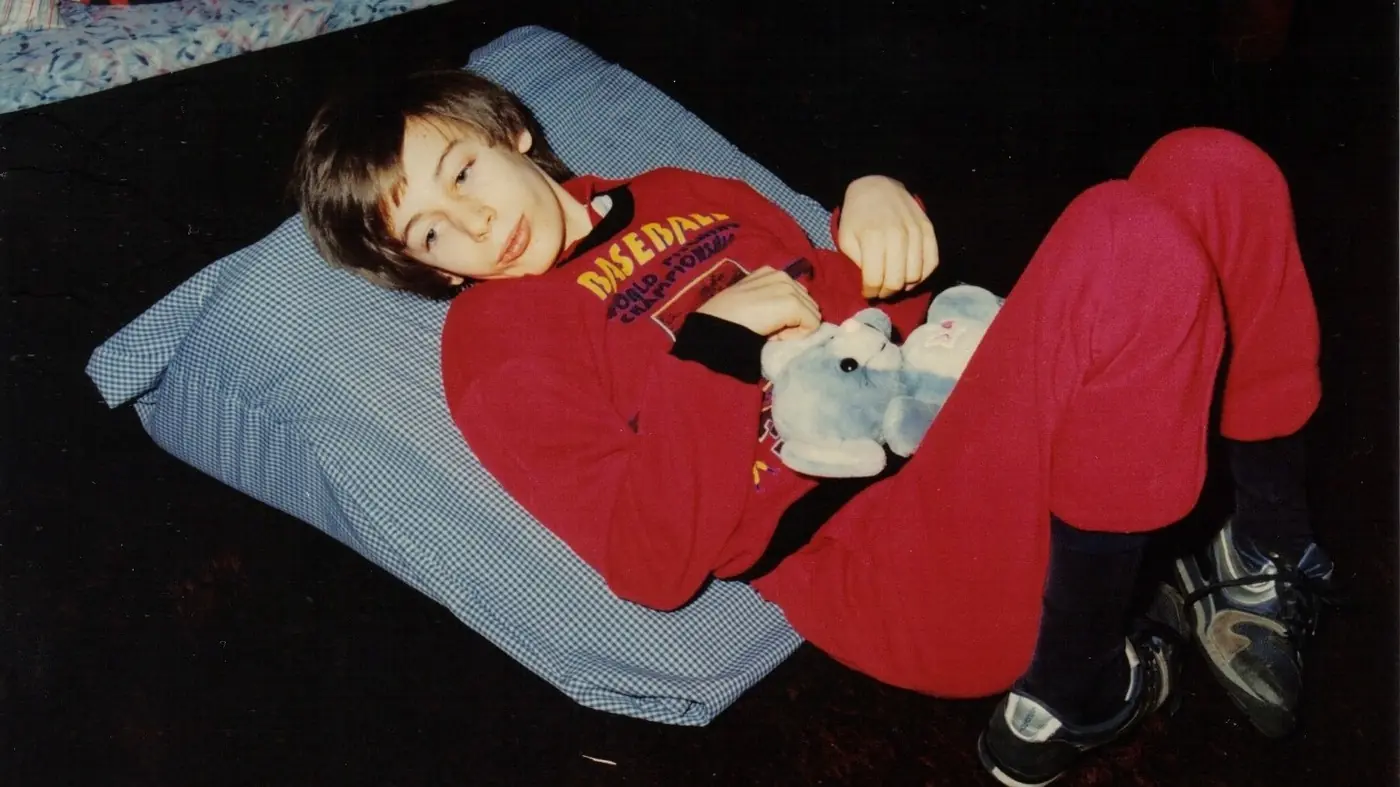
‘Beloved’ lion is shot dead after being lured from reserve by trophy hunter in chilling $46k kill

When Protection Fails: Blondie the Lion and the Global Reckoning Over Trophy Hunting
In the golden savannahs of Zimbabwe’s Hwange National Park, lions are more than awe-inspiring predators—they are vital keystones of the ecosystem, deeply embedded in the cultural identity of Africa and central figures in the global conservation narrative. But their survival hangs in a fragile balance, where even well-monitored individuals can become victims of a much larger, contentious debate. The recent death of Blondie, a five-year-old lion fitted with a GPS collar for scientific research, has reignited international outrage and intensified the ethical spotlight on the world of trophy hunting.
Blondie was not just another lion. He was a central subject in a conservation study led by Oxford University’s Wildlife Conservation Research Unit (WildCRU), designed to monitor lion behavior, mitigate human-wildlife conflict, and protect vulnerable prides. Yet despite his collar—a clear marker of his protected status—he was allegedly lured out of the park’s no-hunting zone over a period of weeks and killed by a trophy hunter who paid $46,000 for the experience.
While the hunt was reportedly legal under Zimbabwean hunting laws, it has sparked global condemnation. Wildlife experts and conservationists argue that legality does not equate to ethical conduct—especially when the animal in question is a healthy, breeding male contributing directly to the genetic and social vitality of his pride. Blondie’s death mirrors the 2015 killing of Cecil the Lion under near-identical circumstances—another Hwange resident whose killing by an American dentist ignited worldwide protest and brought trophy hunting into the global spotlight.
A Scientific and Ethical Tragedy
Blondie’s death is more than an isolated tragedy; it represents a broader failure of the systems designed to protect wildlife. He led a pride that included three lionesses and ten cubs. As the dominant male, his role was not only biological but also protective—his presence kept rival males at bay. Now, with him gone, conservation biologists warn that his cubs face almost certain death. Rival males often kill existing cubs to bring females back into estrus and establish dominance, a grim but common behavior that follows the loss of a pride leader.
Simon Espley, CEO of Africa Geographic, condemned the act, calling into question the very premise of ethical trophy hunting. “A visibly collared, breeding lion in his prime does not meet any standard of sustainable or responsible hunting,” he stated. According to Zimbabwe’s Professional Guides Association (ZPGA), ethical trophy hunts should only target post-prime, non-breeding males. In Blondie’s case, that guideline was clearly violated.
The photographic evidence—widely circulated online before being deleted—showed three men posing proudly with Blondie’s body, the GPS collar still strapped around his neck. The image ignited public grief and fury, with wildlife advocates calling for immediate policy changes. It wasn't just the death of a lion; it was the symbolic collapse of trust in conservation protocols that are supposed to shield these creatures from harm.
A Fractured Debate: Conservation or Commercialization?
Trophy hunting has long been defended by its proponents as a necessary evil—arguing that the significant funds generated from licensed hunts support wildlife management, protect habitats, and benefit local communities. According to a 2015 study in Biological Conservation, trophy hunting brings in around $200 million annually across sub-Saharan Africa. Safari hunting operators often assert that without these revenues, many wildlife areas would fall to poaching or development.
However, critics point out the dark side of this model. A 2013 report by Economists at Large, commissioned by the International Fund for Animal Welfare, found that only 3% of trophy hunting revenue reaches local communities. The rest is often absorbed by foreign outfitters, government fees, and private landowners. Moreover, when collared, protected, or socially significant animals are killed—despite guidelines—the entire legitimacy of the practice is undermined.
Ethical lines grow even blurrier when powerful financial incentives are involved. While hunting outfitters may claim to follow sustainable practices, the temptation to bend rules for wealthy clients is ever-present. And when those compromises lead to the loss of dominant males like Blondie, the fallout is both ecological and reputational.
Dr. Andrew Loveridge, a lead researcher at WildCRU, puts it succinctly: “You’re not just losing one lion. You’re dismantling a social structure that took years to stabilize. You’re jeopardizing cub survival, gene diversity, and conservation investments.”
The Ecological Domino Effect
Lions are apex predators, playing a key role in regulating herbivore populations and preserving savannah ecosystems. Removing a pride leader creates a ripple effect that can destabilize entire habitats. In Hwange, where lion numbers are already threatened by shrinking habitat, poaching, and human conflict, these disruptions are especially dangerous.
A 2020 study in Nature Communications found that African lion populations have plummeted by over 40% in the past two decades, with trophy hunting listed among several contributing pressures. While many hunting concessions are regulated on paper, the reality on the ground is far messier. Park boundaries are porous, GPS collars don’t guarantee safety, and enforcement is often weak or compromised.
Blondie’s case underscores this vulnerability. Despite being closely monitored by a scientific team and outfitted with real-time tracking technology, he was still killed. This suggests that even the most well-funded conservation tools cannot compete with the financial motivations driving parts of the trophy hunting industry.
Public Sentiment: From Mourning to Mobilization
The emotional aftermath of Blondie’s death has catalyzed global calls for reform. Social media exploded with petitions, protests, and advocacy campaigns, many of which echoed the response to Cecil’s death nearly a decade earlier. Organizations such as Born Free, Humane Society International, and LionAid are using public outrage to push for legislative action, particularly in countries that serve as trophy destinations or allow imports.
In the UK, the proposed Animals Abroad Bill seeks to ban the import of hunting trophies from threatened species. Though delayed, it has gained momentum amid public pressure. Australia, France, and the Netherlands have already enacted restrictions. In the U.S., legislative proposals continue to circulate in Congress, fueled by a growing sense that ethics—not just economics—must guide conservation policy.
What’s notable is how this advocacy movement is not just reactive but strategic. Conservation groups are shifting their messaging to emphasize emotional narratives, individual animal stories, and the broader moral implications of wildlife commodification. The message is clear: animals like Blondie are not trophies; they are sentient beings with families, social bonds, and intrinsic value.
Toward a More Humane Conservation Future
Blondie’s story presents a moral crossroads. Do we continue to allow a practice that, even when legal, causes ecological disruption, ethical controversy, and international shame? Or do we pivot toward conservation models that reflect a more humane, community-inclusive, and science-driven ethos?
Some experts advocate for replacing trophy hunting with community-based ecotourism, photographic safaris, and educational wildlife experiences—industries that generate revenue without bloodshed. Others call for stricter enforcement of ethical hunting guidelines, with heavier penalties for violations and more transparency in licensing.
Ultimately, what is needed is a shift in values. Conservation must move beyond mere survival metrics and embrace a framework that honors the dignity of wildlife. That includes better integration of technology with policy, more community empowerment, and international accountability.
A Lion’s Legacy
The killing of Blondie is not just another case of misguided sport—it is a wake-up call. It reveals cracks in the systems we trust to protect endangered species, and challenges us to confront the inconsistencies between our stated goals and our actual practices. Blondie’s death should not fade into obscurity as just another statistic. Instead, it must serve as a rallying point for change.
If we hope to preserve the world’s remaining wild places—and the magnificent creatures that inhabit them—we must be willing to change how we think, legislate, and act. Mourning is not enough. Reform, rooted in empathy and informed by science, is the only fitting tribute to a lion who should never have died this way.
News in the same category


Here’s What You Need To Know To Stay Safe Of The The Hidden Fire Risk Of Air Fryers

Wildfire Grows Into Megafire In Northern Arizona—Now Driving Its Own Climate
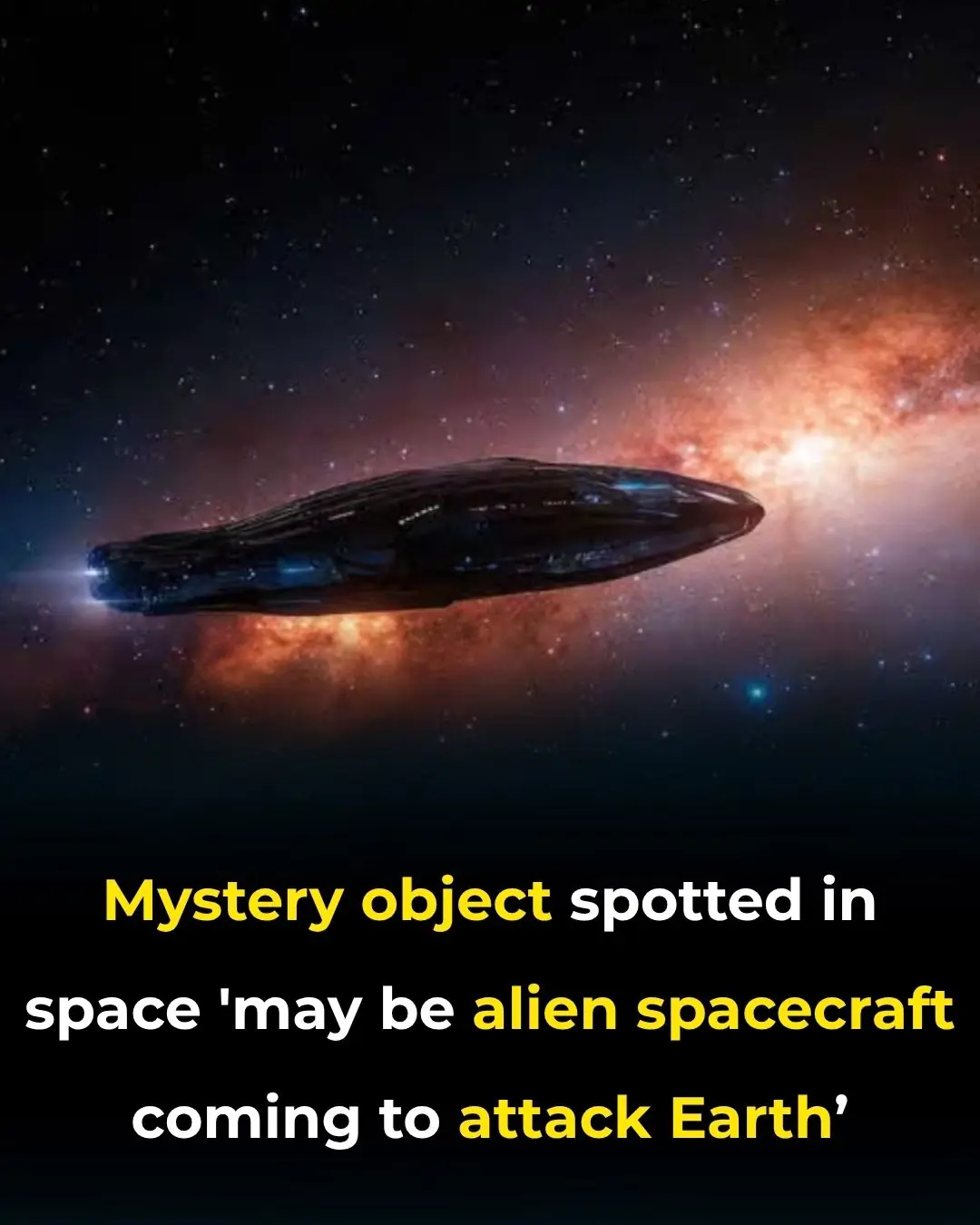
Mystery Space Object Might Be An Alien Ship Preparing To Strike Earth

Research Reveals Cells’ Ability of Deceased Organisms to Form New Life

Denmark is fighting Al. It just gave citizens copyright to their own face, voice, and body.
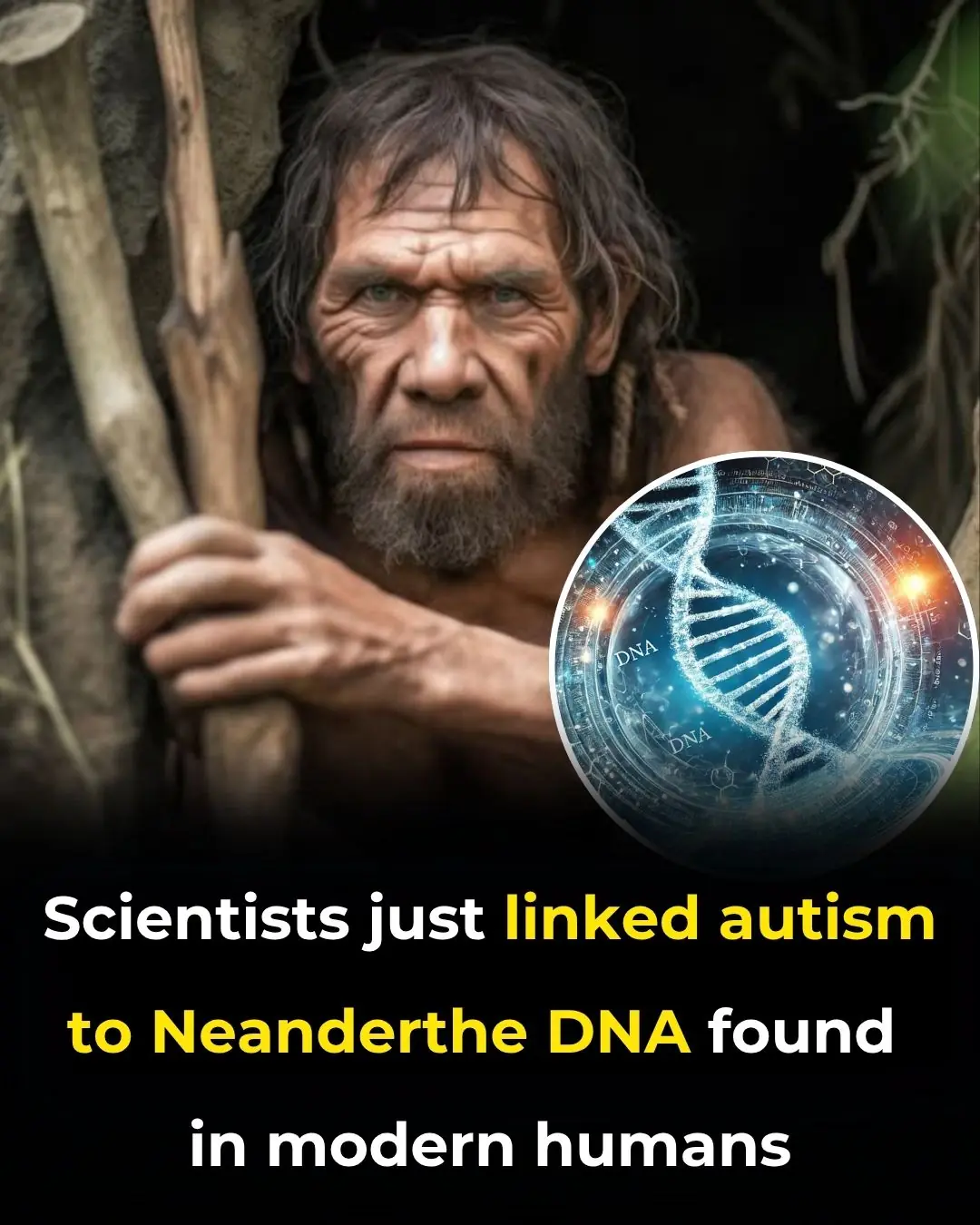
Scientists Just Linked Autism to Neanderthal DNA Found in Modern Humans

Woman paralyzed for 20 years reveals shocking impact of Elon Musk's Neuralink brain chip
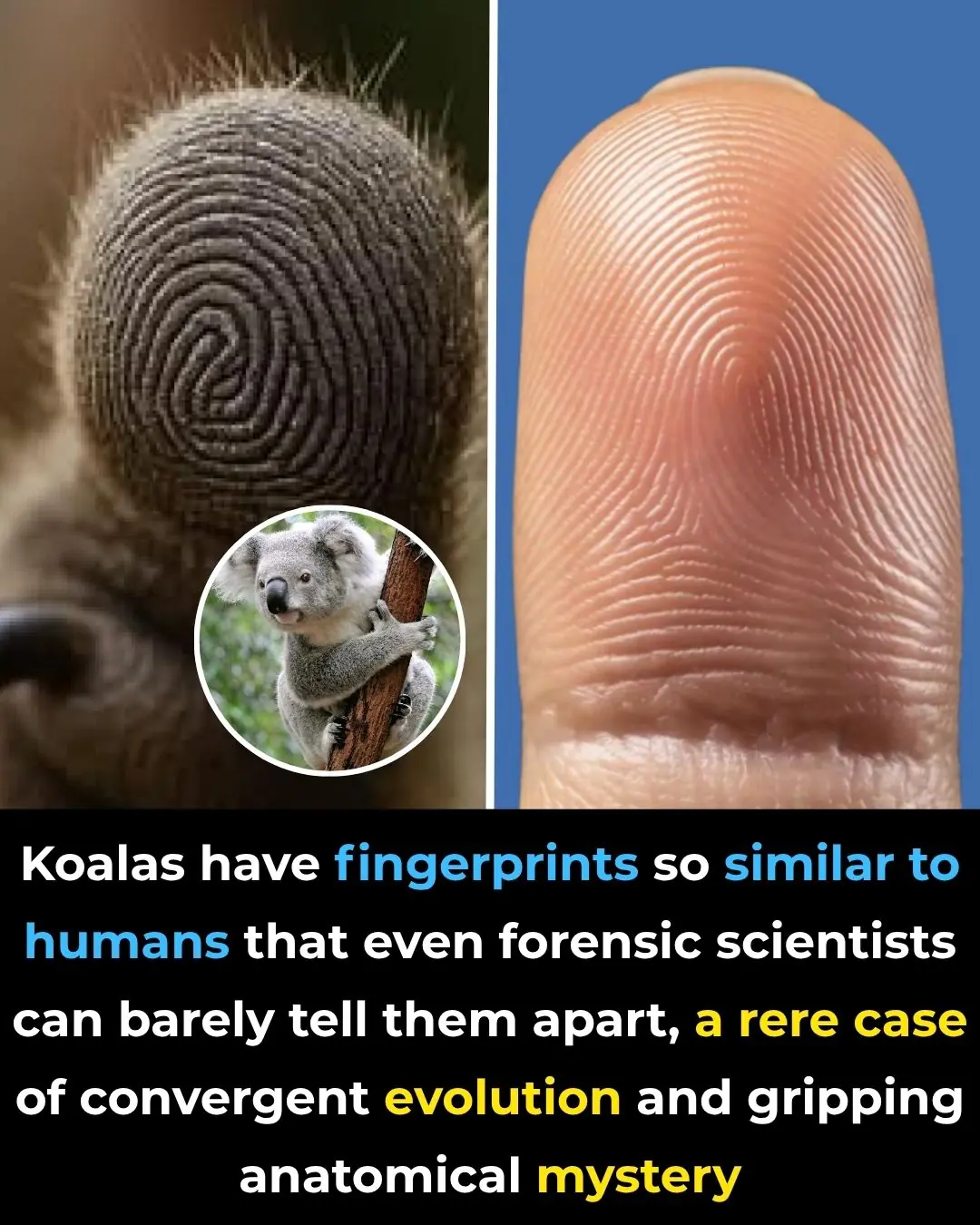
Fingerprints are supposed to be unique.

Healing begins not with medicine, but with subtraction.

The Hidden Dangers of Cooking with Aluminum Foil: Health Implications and Safer Alternatives

Scientists Spark Debate Over Interstellar Visitor’s Strange Behavior
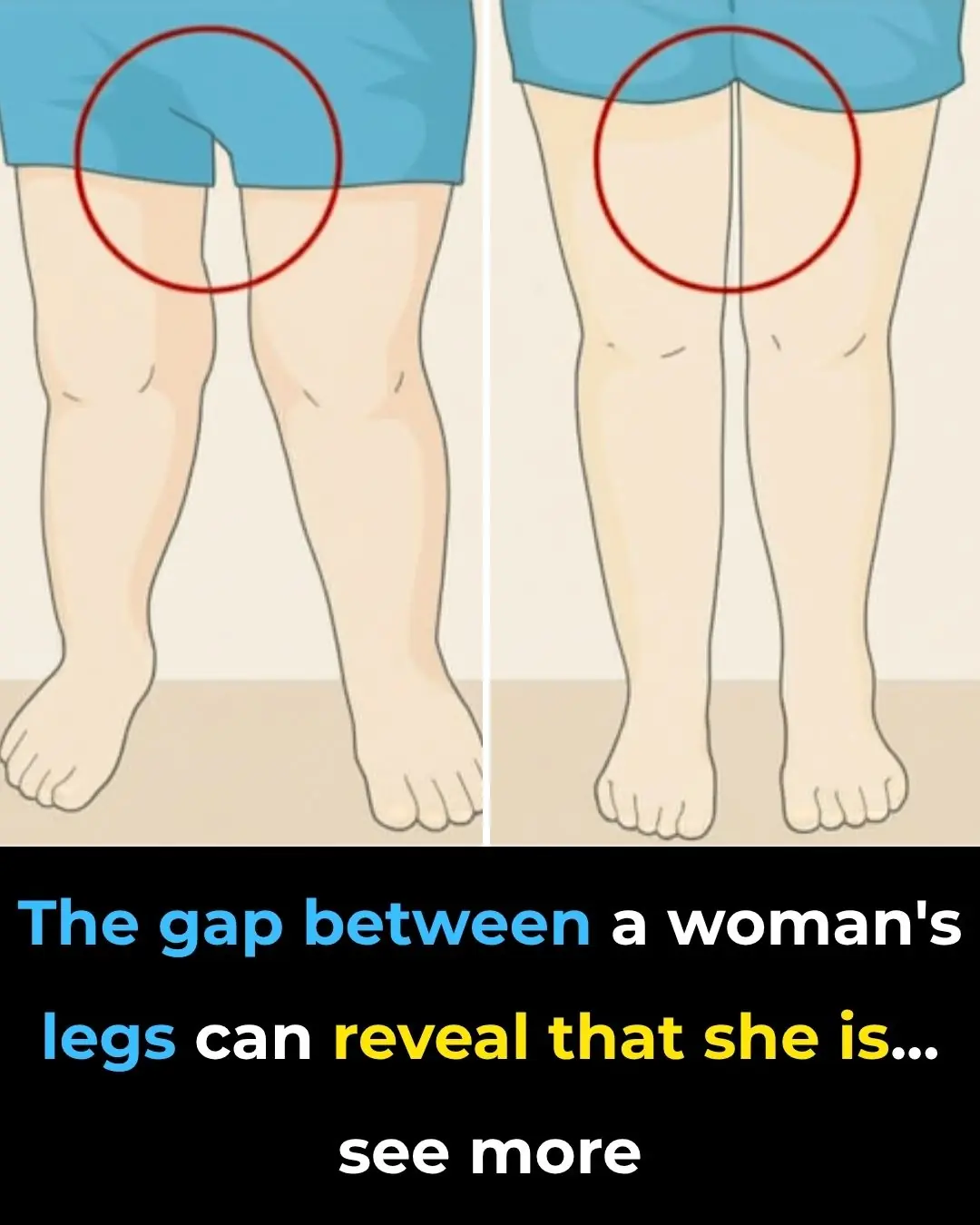
The gap between a woman’s legs can reveal that she is…

Fake Honey Is Taking Over Store Shelves — Here’s How to Tell What’s Genuine

Experts claim mankind will die in world-ending ‘cosmic hell’ revealing the exact time the horrific event will occur

Parents plan funeral for 10-yr-old with cancer – She then opens her eyes and says something that leaves them stunned

Earth Plunged Into Darkness For Six Minutes In Rare Event Not Seen In A Century

The Hidden Meaning Behind Leg-crossing — It’s More Than Just Comfort

Scientists Warn: Universe’s ‘Self-Destruct Button’ Could Trigger Without Warning
News Post

Here’s What You Need To Know To Stay Safe Of The The Hidden Fire Risk Of Air Fryers

Wildfire Grows Into Megafire In Northern Arizona—Now Driving Its Own Climate

Mystery Space Object Might Be An Alien Ship Preparing To Strike Earth

Research Reveals Cells’ Ability of Deceased Organisms to Form New Life

Ethan Caldwell appeared to have everything—wealth, fame, and power. By the age of 42, he was a billionaire, having sold a booming tech startup at its market peak

The husband forgot to end the call. The wife overheard his conversation with his mother and filed for divorce the very same day.

If you drink cucumber water every morning, this is what happens to your body
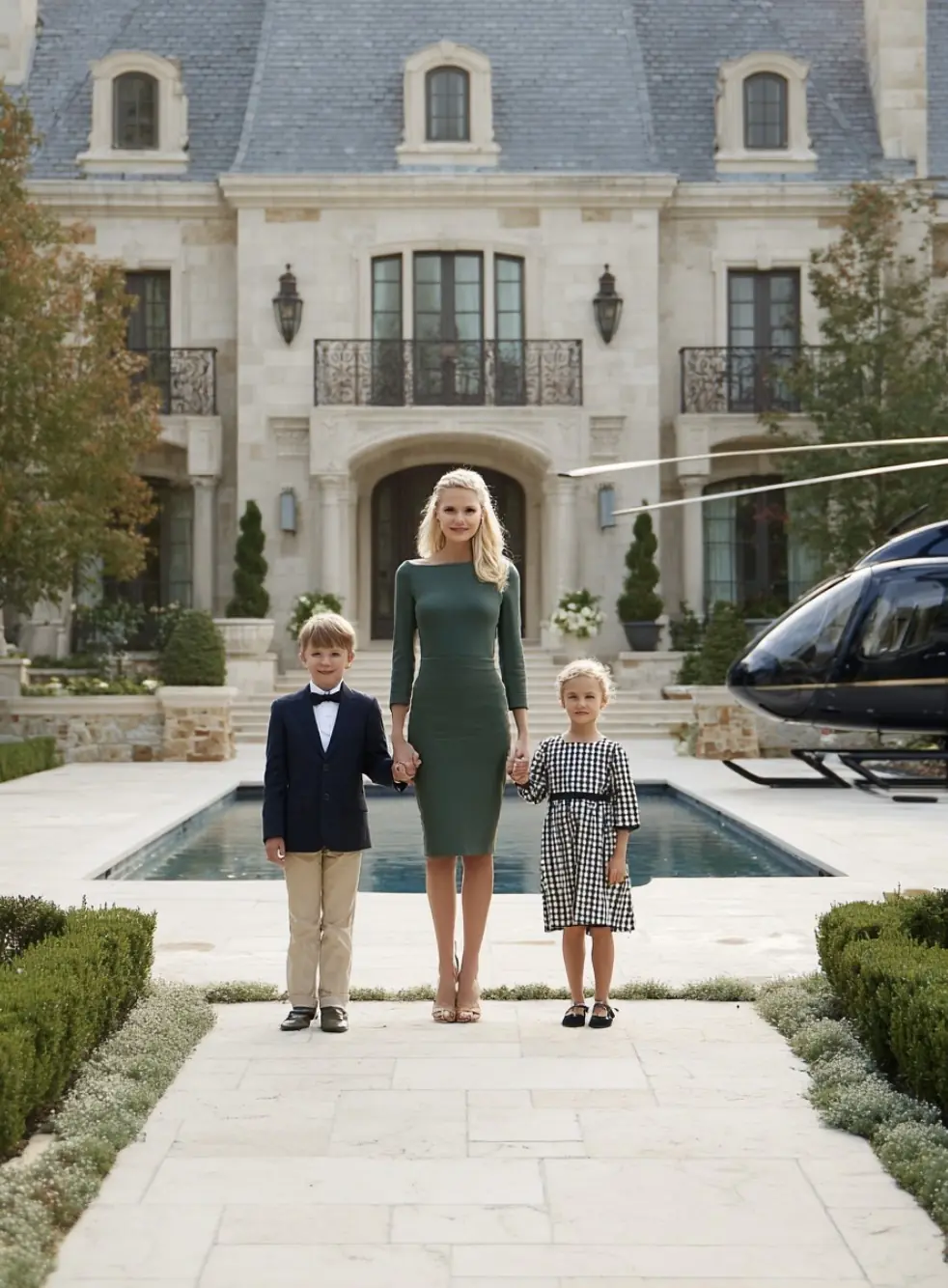
Husband Leaves Pregnant Wife for Mistress — Eight Years Later, She Returns in a Helicopter with Their Twins…

If You Notice a Dark Ring Around Your Neck, Go See Your Doctor Immediately! This Is What It Means

— They came empty-handed — so drink water, — the relatives finally drove the hostess crazy.

Health Food & Nutrition Beauty Aromatherapy Animals

A Waitress Shamed My Grandma for Leaving 'Too Small' a Tip – I Made Her Regret It in the Most Unexpected Way

My MIL Secretly Made a Duplicate Key to Our House — What She Did There While We Were Away Stunned Me

I Found Out My Brother Was Secretly Transferring Money to My Wife – When I Figured Out Why, I Went Pale

I Saw a Lost Child in the Airport — What He Had in His Backpack Made Me Gasp
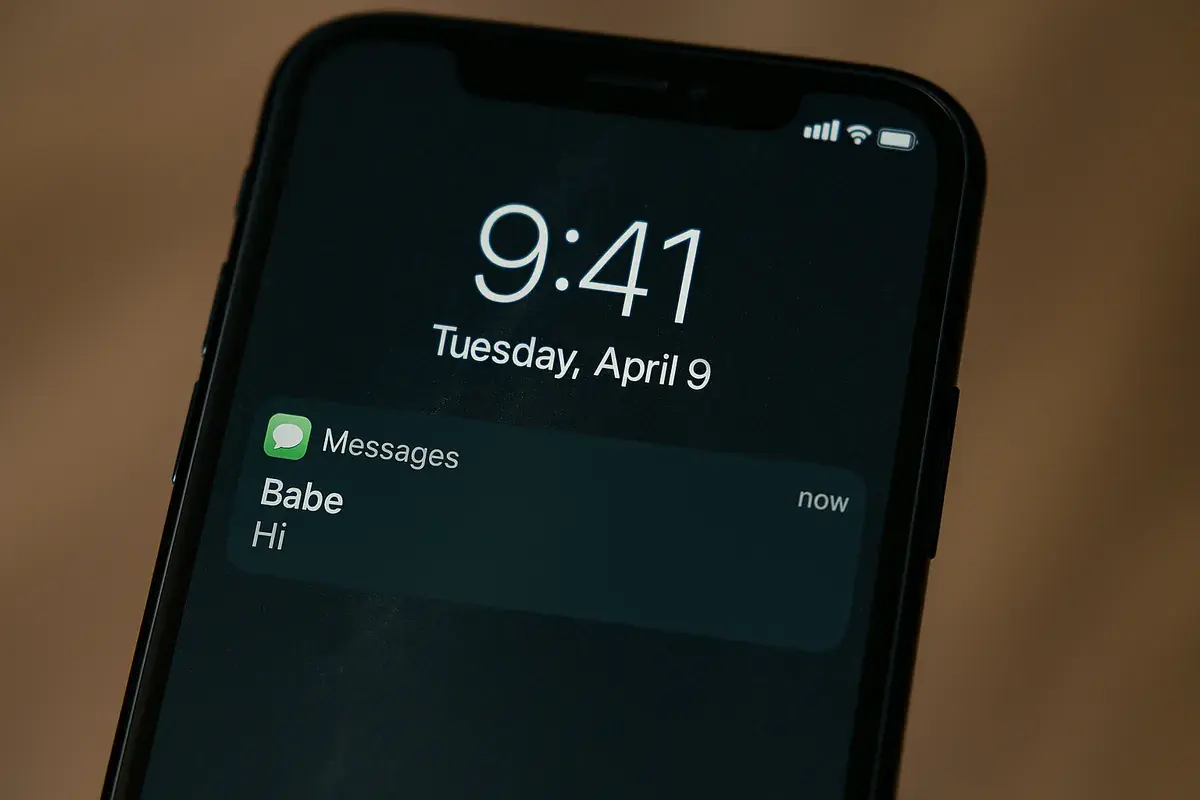
I Got a Text from My Husband’s Number Weeks after He Died & When I Traced It, the Truth Shattered Me — Story of the Day

Millionaire Dresses as a Bum and Visits His Company on an Undercover Mission — Story of the Day

Cardiologists Say This Common Habit Is a Blood Clot Risk

Denmark is fighting Al. It just gave citizens copyright to their own face, voice, and body.
